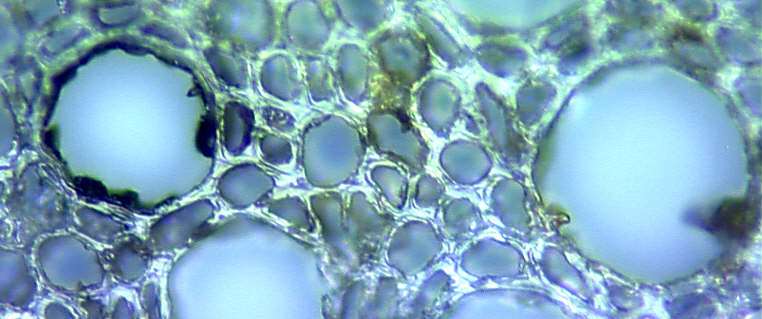What is Heritage Science?
Heritage Science is the umbrella term describing a field of research seeking to understand, document, preserve and celebrate material and intangible traces of human cultural activity from prehistory via today towards the future: landscapes and biodiversity, language and music, archaeological remains, buildings, libraries and archives, traditional crafts, and art and historical museum collections are all within the scope of heritage science research activities.
A critical appreciation of who we are, our past interactions with landscape and responses to climate, our capacity for imagination and creative adaptation, is central to understanding human cultural development, and to predicting how human populations will adapt to survive and thrive in the future. Given the enormous complexity of this task, heritage science requires collaboration across the disciplinary continuum from natural sciences and engineering, to social sciences and the humanities.
Heritage Science in Sweden
The Heritage Science Sweden (HSS) network was established in 2017. Since that time, the network has promoted the joint use of expertise, competencies, data, and technical equipment between its members. Between 2017 and 2021 the Swedish National Heritage Board has awarded funding to strengthen the national network through annual conferences and joint research projects, to provide increased conditions for the establishment of a national infrastructure, and to participate in European development initiatives.
The network’s coordinating group currently consists of representatives from over twenty authorities and museums, higher education institutions, and the private sector. The current HSS network accommodates several thematic working groups on topics such as natural stone, indoor climate, materials testing for exhibition and heritage management, technical art history, toxins and hazards in collections, standardisation and art handling. An internationally well-attended annual conference ‘Heritage Science Sweden Forum’ has served as the principal mechanism for Swedish national heritage science exchange and dissemination since 2018.
Heritage Science in Europe
In Europe, strategic work in heritage science has long been underway to develop infrastructure, networks and collaborations. Since the 1990s, a number of large collaborative projects with organisations from different countries have been funded by European research programs.
The most recent project Integrating Platforms for the European Research Infrastructure on Heritage Science (IPERION HS) includes a Swedish node comprising the Swedish National Heritage Board’s Heritage Laboratory, the University of Gothenburg’s Crafts Laboratory, Uppsala University’s SciLifeLab Ancient DNA and Umeå University’s Environmental Archeology Laboratory.
Work within prior and ongoing projects has led to the establishment of the European Research Infrastructure on Heritage Science (E-RIHS). The development of heritage science research in the European Union has advanced significantly over recent years, and E-RIHS is on a trajectory toward achieving European Research Infrastructure Consortium (ERIC) legal status in 2022.

